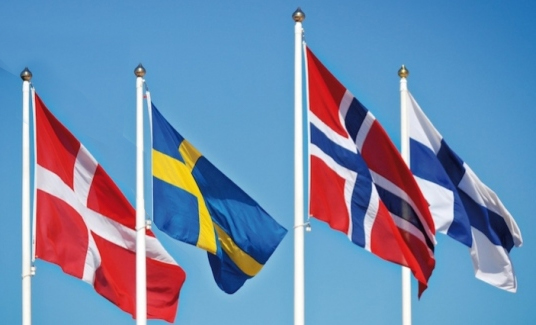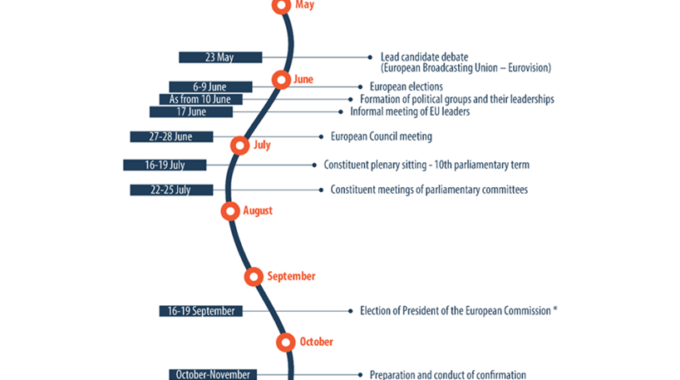
Nordic call for action on carers’ rights
In the framework of the Eurocarers General Assembly 2019 which took place in Copenhagen on May 20-21 2019, our Nordic Members Associations met to discuss the situation of care and caring in their respective countries, the result is a joint nordic call for action to support carers:
Nordic call for action on carers’ rights
The Nordic welfare model isn’t what it used to be. In Denmark, Finland, Norway and Sweden we see the same, clear trend towards a reduction in home help, a focus on faster throughput of hospital patients and a more restrictive approach to support and service for those with long-term care needs.
An increased focus on rehabilitation helps, but in no way closes the gap left by reduced public services. That gap is left to informal carers to fill. The consequences are depressingly obvious from many studies in the Nordic countries and the rest of Europe: carers suffer ill health physically and mentally, are at greatly increased risk of social exclusion and are experiencing increasing pressures to reconcile work and care. Carers are generally ready and willing to provide care for their loved ones, but not at any cost.
The Nordic countries must ask themselves what balance to strike between formal and informal care. The Nordic model has been characterised by an emphasis on the realisation of human potential, equality, autonomy and individual freedom of choice. Our welfare services have allowed us to have one of the highest labour market participation rates among women.
There are significant financial issues surrounding long-term care. Mostly, support for carers is seen as expenditure, not as an investment. We would argue that there is an excellent business case for supporting carers, not only to prevent the potential negative impacts on carers, but also to enable carers to care with confidence in the long term.
However, if our only logic is money, we lose the opportunity to take charge of the direction in which our societies are moving. Currently there is an unspoken understanding that cuts in public services and the growing long-term care needs of our ageing population will be compensated for by the families. We need to discuss the extent to which this is a desirable development, and we need to discuss how we can ensure that these changes do not place unsustainable burdens on carers. Limiting social protection against the risk of long-term care needs indeed means that the living conditions of the care recipients will hinge on their own means and their relatives’ ability and willingness to provide or pay for care. This may have negative impacts both on equity, as some will be much more affected than others, and on overall economic performance, as informal carers (and particularly women) may need to withdraw from employment to provide care. In addition, neither the quality nor the efficiency of informal care can be guaranteed.
Eurocarers, the European umbrella organisation for carers organisations, has just established a Nordic working group which met for the first time in Copenhagen in May 2019. After fruitful discussions based on Eurocarers’ 10 steps towards carer-friendly societies across Europe and their input for an EU-wide strategy on informal carers, we agree that Carers’ rights must be enshrined in law to ensure that all carers have the freedom to choose whether to care and how much care to provide. It is essential that carers receive sufficient support and assistance to ensure good health, adequate finances, and social inclusion, irrespective of the age, gender, income, education, and any special needs or conditions of the carer and care recipient – and without the current significant differences in service levels across municipalities.
The ball is in the politicians’ court now. We urge you at European, national, regional and municipal levels to engage with us in a constructive dialogue on the situation, needs and challenges of informal carers in our countries, and on potential solutions to safeguard the health and wellbeing of this largely overlooked and increasingly marginalized group. In our view, the best way to start is by developing a comprehensive national strategy for carers. The sooner the better.
Denmark: DaneAge Association
Denmark: Carers Denmark
Finland: Carers Finland, Org. for Carers’ Network Finland
Norway: Pårørendealliansen
Sweden: Anhörigas Riksförbund, Swedish Family Care Competence Centre





